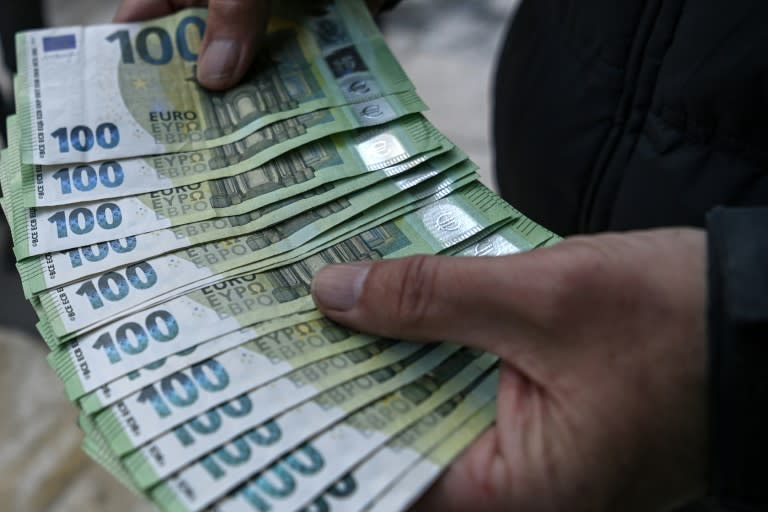In the debate about a tax on excessive corporate profits in times of crisis, several federal states are exerting pressure. With the support of Berlin and Thuringia, Bremen tabled a motion for a resolution in the Bundesrat on Friday. This is intended to prompt the federal government to submit a proposal for the temporary levying of such a tax.
The aim is to levy a levy on excess profits caused by the crisis in 2022, especially in the energy sector. This should then be used to finance state relief measures, which are becoming more urgent in view of the currently rising prices across the board.
For example, oil companies “earn a fortune because they shamelessly exploit the current situation,” said Bremen Mayor Andreas Bovenschulte (SPD) in the state chamber. He considers an excess profit tax to be “absolutely necessary” to ensure social and societal peace, but also to “keep new borrowing within acceptable limits”.
As a state, one should “not allow oneself to make a profit from emergency situations in a crisis,” said Hamburg’s First Mayor Peter Tschentscher (SPD) on the “Welt” broadcaster. “If someone uses the fee to make a profit out of a difficult situation, then that’s not okay,” warned Berlin’s governing mayor Franziska Giffey (SPD) on the Phoenix broadcaster. She also referred to growing resentment among the population.
An excess profit tax is currently being discussed, above all against the background of the Ukraine war, the economic consequences of which pose problems for many companies, but also enable significantly higher profits in individual sectors. The motion submitted states that there are some increases in profits that are “not the result of increased economic activity or investments” but “solely from the market turmoil as a result of the crises”. The bill will now be discussed further in the Federal Council committees.
Lower Saxony’s Minister of Finance, Reinhold Hilbers (CDU), expressed restraint in the Bundesrat. He expressed “constitutional concerns”. NRW Prime Minister Hendrik Wüst (CDU) also expressed concerns. Such an instrument initially only increases federal revenue, but does not necessarily lower consumer prices, he told the broadcaster “Welt” and warned against “wrong debates”.
Federal Finance Minister Christian Lindner (FDP) also rejects an excess profit tax. Such a tax would “massively damage the business location,” said FDP General Secretary Bijan Djir-Sarai to the broadcasters RTL and ntv. He also warned against “arbitrariness” in their collection.
On the other hand, leading Green politicians, in particular Economics Minister Robert Habeck, have also spoken positively about the excess profit tax in the past few days. Such a special tax is “completely correct from an economic point of view,” said the head of the German Institute for Economic Research (DIW), Marcel Fratzscher, the editorial network Germany.
The mineral oil association Fuels and Energy opposed an excess profit tax. “To do this, there would first have to be a so-called excess profit,” said its spokesman Alexander von Gersdorff. The billions in profits were more likely to be in the international oil production business, not in the domestic tank and refinery business, he told Bayerischer Rundfunk.
bk/jm
–


